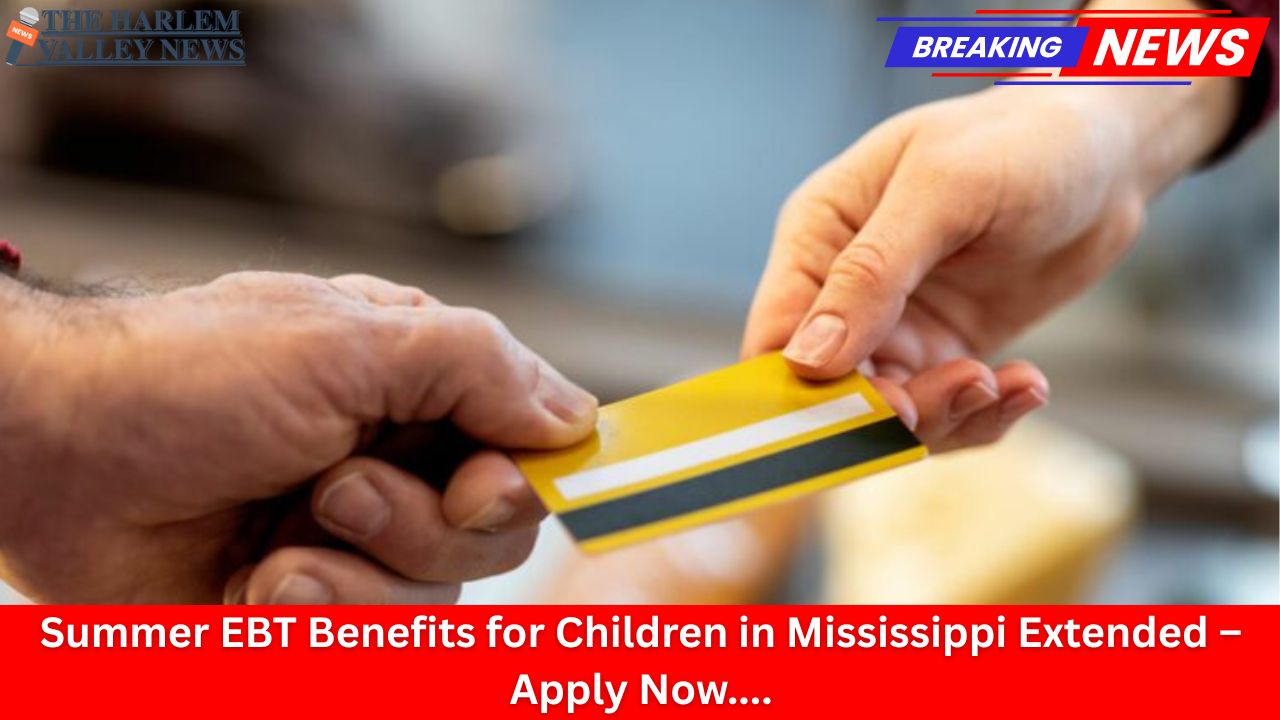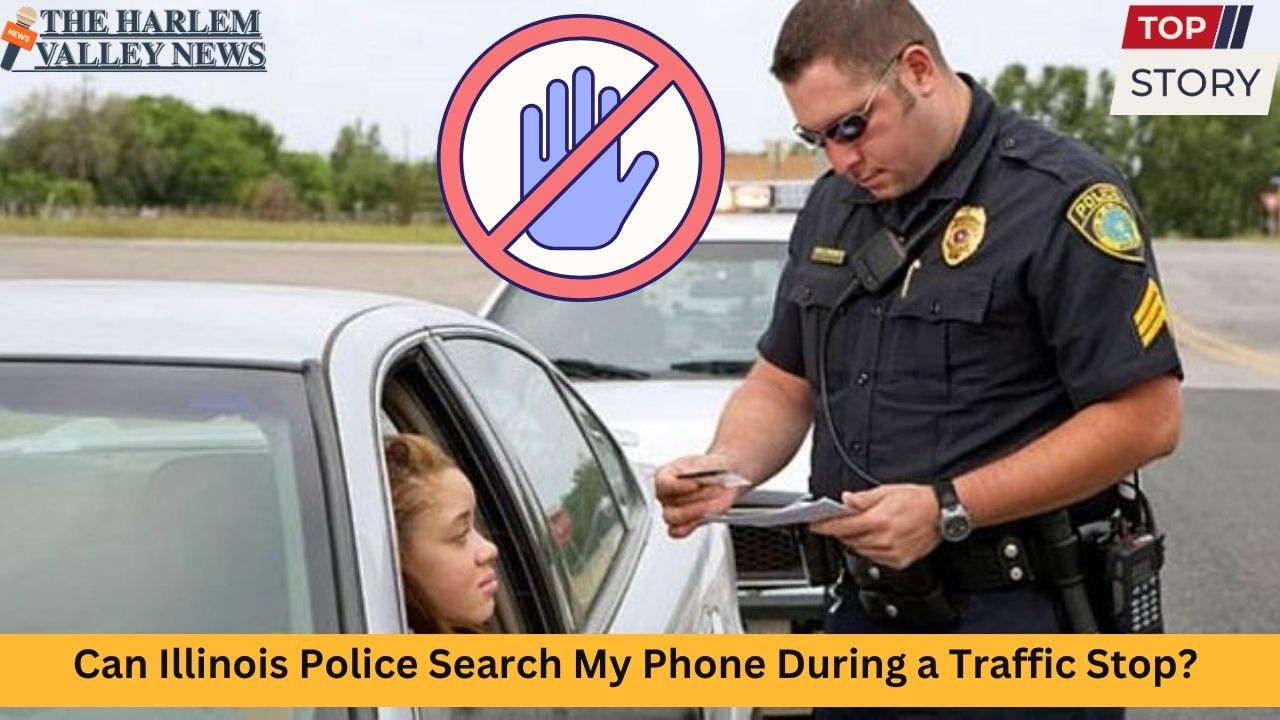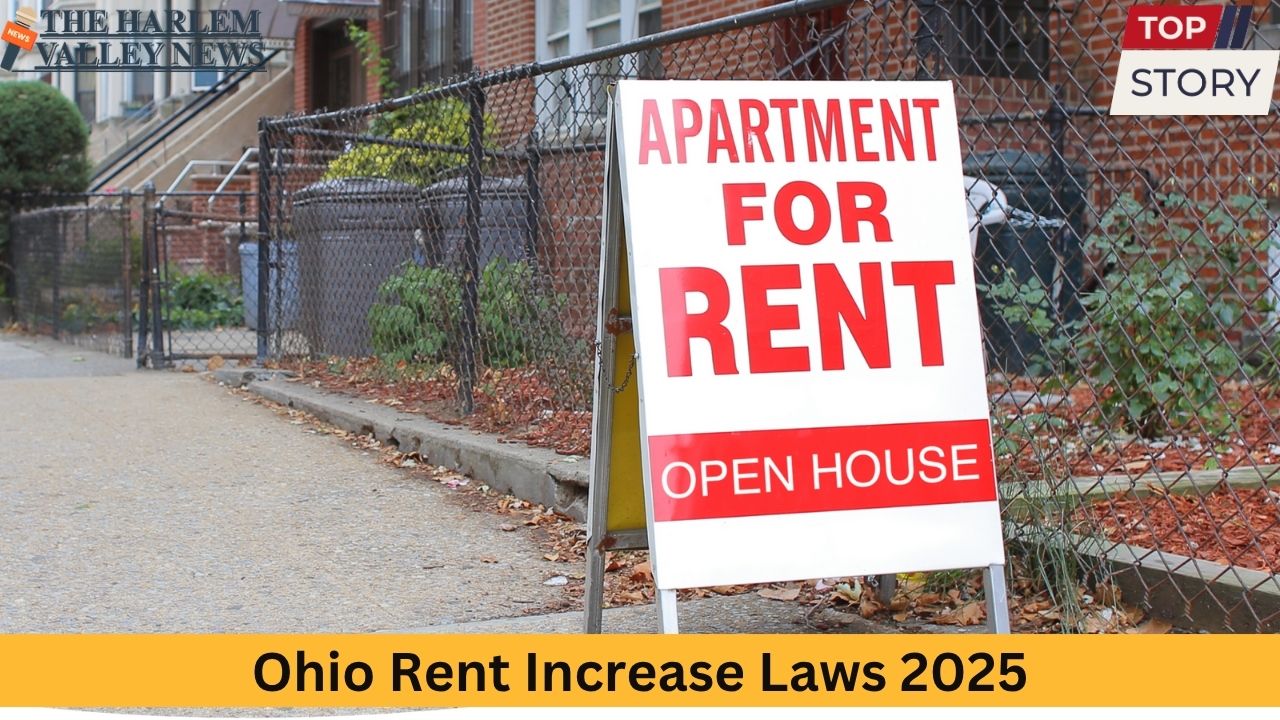As the summer months approach, providing nutritious meals for children becomes more challenging for many families, especially those who rely on free or reduced-price school meals during the academic year. The Summer Electronic Benefits Transfer (EBT), also known as SUN Bucks, is a national program designed to ensure children continue to have access to healthy foods when school is out. Here’s an in-depth look at how the program works, its significance for Mississippi’s children, benefit details, and how families can apply.
| Program Aspect | Details |
|---|---|
| Benefit Amount | $120 in grocery benefits per eligible child for summer period |
| Delivery Method | Funds loaded onto an EBT card for grocery purchases |
| Eligibility | School-age children eligible for free/reduced-price meals |
| Eligible Children (Estimated) | 324,000 in Mississippi |
| Total Benefits for Mississippi | Approx. $38.9 million |
| Application Deadline | Varies by state/eligibility; check with local agencies |
| Economic Impact (Estimated) | $58.3M to $70M in Mississippi |
Understanding Summer EBT and Its Importance
The Summer EBT program was established to combat the rise in food insecurity experienced by children when school cafeterias close during summer vacation. For thousands of schoolchildren in Mississippi, losing access to free and reduced-price lunch during summer has historically meant going without regular healthy meals. The Summer EBT program helps bridge this nutritional gap by providing a monthly grocery stipend—roughly $40 per month, totaling $120 per child for the summer—distributed on an EBT card that families can use at grocery stores and supermarkets to buy a wide range of food items.
This benefit is particularly significant for Mississippi, a state where child poverty rates are among the highest in the country. With an estimated 324,000 eligible children, the program not only directly addresses hunger during the summer months but also injects nearly $39 million into the local economy, generating further economic activity in communities that need it most.
Eligibility for Summer EBT in Mississippi
Most children who qualified for free or reduced-price meals during the school year will also qualify for the Summer EBT benefit. This includes:
-
Children who already receive SNAP benefits or who are directly certified for free/reduced-price school meals through other assistance programs.
-
Children who attend schools participating in special meal programs such as the Community Eligibility Provision.
Some children who attended school in the previous year but do not receive benefits automatically may need to apply. Eligibility is determined based on household income, generally capped at 185% of the federal poverty level.
Application Process and Distribution
Families whose children are eligible will typically receive Summer EBT benefits automatically, without having to file a separate application. Institutions such as local schools or state agencies use school meal program records to identify eligible households and issue benefits. However, in cases where a family does not receive benefits automatically (for example, if a child is newly eligible or attends a different type of school), parents or guardians may need to complete a simple application through their local human services department or school.
Once approved, families receive benefits on a dedicated EBT card. This card can be used in the same way as SNAP cards—at participating grocery stores and supermarkets—to purchase approved food items, which range from fresh produce and dairy to bread, cereals, canned goods, and protein sources. Notably, non-food items and prepared hot foods are not eligible for purchase with these funds.
Economic and Community Impact
The reach of the Summer EBT program extends beyond individual nutrition. Every dollar spent through EBT is estimated to drive between $1.50 and $1.80 in local economic activity, supporting grocers, farmers, and food-retail employees. For Mississippi, with nearly $39 million in direct federal food support, the resulting economic boost is estimated at $58 million to $70 million for the summer—delivering added value to the state’s communities.
Key Points to Remember
-
The Summer EBT program supplements, rather than replaces, existing summer nutrition programs such as meal sites. Families are encouraged to use both resources to ensure children have access to enough food.
-
Summer EBT benefits do not affect other benefits such as SNAP or WIC.
-
Benefits are time-limited and generally must be used within 122 days of being issued.
Challenges and the Path Ahead
While the Summer EBT program is designed to be inclusive and far-reaching, some administrative challenges remain. Not all eligible families are automatically enrolled, and awareness of the need to apply in certain situations remains a barrier. Moreover, reports indicate that for summer 2024, Mississippi opted not to participate in the Summer EBT program due to administrative and resource challenges, meaning many families may need to seek food support from local community programs, food pantries, and faith-based services. State participation can change in future years, and advocacy efforts continue to push for broader access given the program’s proven benefits for child hunger and community wellbeing.
Conclusion
The Summer EBT program stands as a crucial support for families in Mississippi at a time when the need is greatest. While some logistical hurdles remain, the extended benefits promise to keep more children healthy throughout the summer and contribute to the local economy. Parents are encouraged to stay informed about their eligibility status, check in with local schools or the human services department, and apply if needed. Ensuring that every child receives the nutrition they deserve during the summer not only fights hunger but also supports their learning and growth when the school year resumes.














Leave a Reply